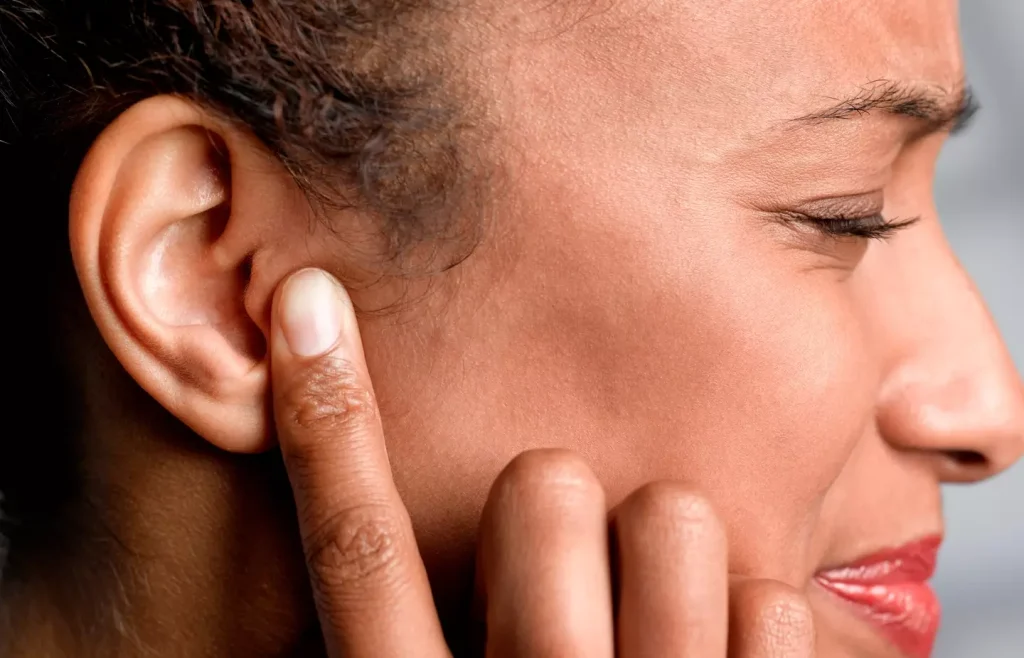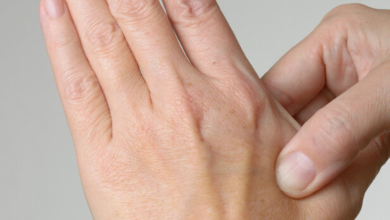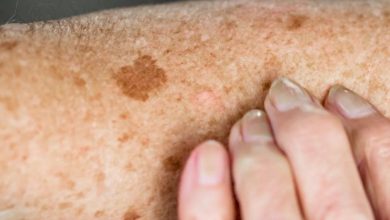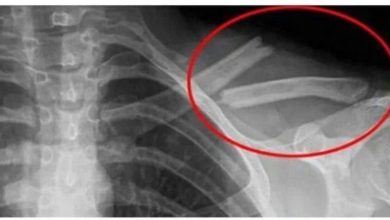Hearing your heartbeat when your head strikes the pillow could indicate that you have a “concerning” health issue, according to a doctor’s harsh warning.
Sleeping should be an opportunity to unwind. Your muscles may relax, your breathing may slow, and your pulse rate may also decrease.
Naturally, it’s usual to hear your heartbeat, and it’s frequently interpreted as a positive indication that everything is functioning well.
For example, you may hear your heart beating faster during a physical examination or after engaging in strenuous physical activity like sports.
@doctoryoun Pulsatile tinnitus can he caused by high blood pressure, AV malformations, excess caffeine, and more. Get it checked out because it could be a sign of some bad shite. #pulsatiletinnitus #sleeping
Medical professionals have warned, nevertheless, that some people may be experiencing an underlying medical condition that makes them more conscious of their heartbeat, particularly when they are lying down with their head resting on a cushion.
Recently, renowned Detroit doctor Dr. Anthony Youn, who posts health advice on TikTok ranging from weight loss to skincare, shared his thoughts on the issue.
In his video, he described the sensation as the “little person inside your pillow has the bass turned up too loud,” referring to the rhythmic thumping sound you may hear in your ears, which is the result of your heartbeat.
He clarified that this phenomenon is typically normal, stating, “If, every once in a while, you’re laying on your side and you hear your heart beating, it’s most likely your carotid artery basically sitting against your pillow.”

These arteries, which are major blood vessels of the heart, are located on either side of the neck before passing by the inside of the ears.
However, if you’re frequently hearing a noise, it can be an alarming sign.
Dr. Youn shared with his 8.4 million followers that if you constantly hear this sound, whether you’re lying down or standing, it could indicate a condition called pulsatile tinnitus.
Penn Medicine describes this condition as a variant of tinnitus, where individuals experience the perception of a continuous sound without an external source, such as buzzing or ringing.
Pulsatile tinnitus, on the other hand, presents as a rhythmic sound resembling a heartbeat, and it can be heard in the head, ears, or both.
While the doctor emphasized that this condition is usually “benign,” there are some potential concerns, and he recommended seeing a healthcare professional just to be safe.
This condition may be linked to high blood pressure or a sign that blood is flowing too quickly. It could also point to atherosclerosis, which refers to the hardening of the arteries and the disturbance of smooth blood flow.
However, hearing your heartbeat on your pillow could also be attributed to other factors, such as anemia, pregnancy, or even tumors.







